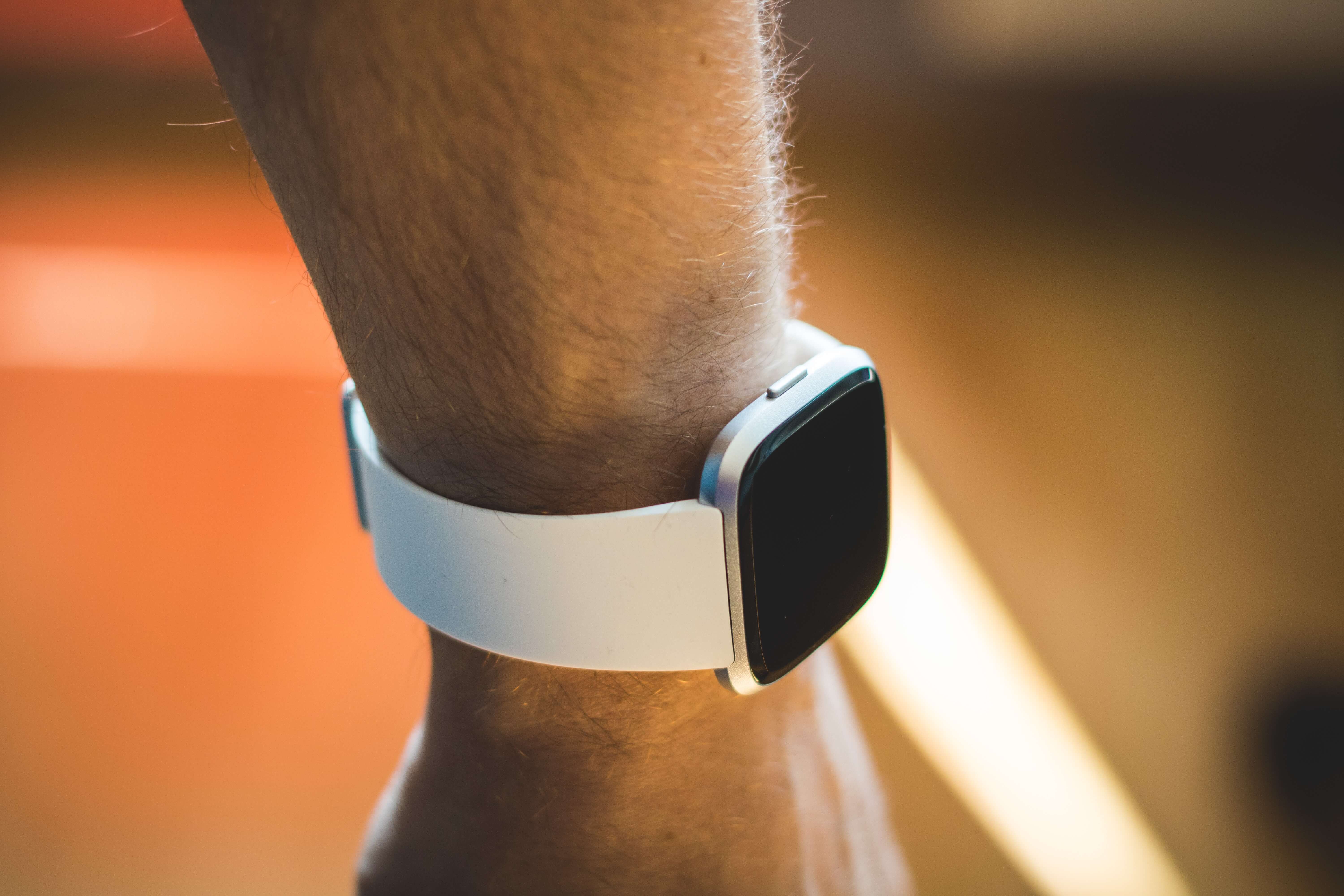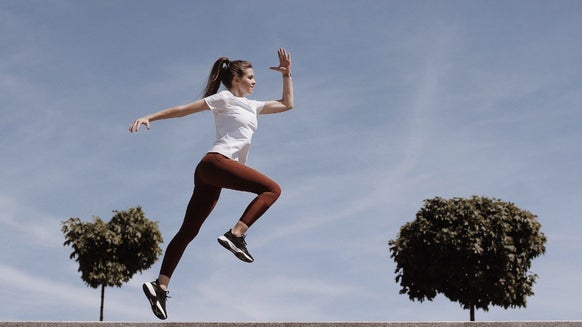How Counting Steps With A Fitbit May Lead To Better Sleep

It used to be that one of the only ways you could track your progress was by stepping on a scale. Thanks to Apple and Fitbit watches, there’s no excuse for not knowing enough about your body or personal habits related to sleep and exercise. What’s more, researchers are using these devices to find out how tracking our physical activity can help improve our quality of life.
Recently, a team of researchers in Massachusetts found that those who are more active may be more likely to sleep better. This may seem obvious to a crowd obsessed with fitness: the more you work out, the more tired you get, and so you sleep better.1
However, what’s significant here is that something as simple as walking more may contribute to better sleep. In fact, there's a high chance that low impact physical activity can help you sleep longer and better.

During this 4-week study, Brandeis University researchers analyzed 59 middle-aged adults with the primary goal of increasing their physical activity and number of walking steps per day to see how it impacted sleep.
Using Fitbits, researchers tracked subjects’ steps throughout the day. Even the most mundane household movements were accounted for. Each morning, participants completed a questionnaire that helped indicate how well they slept.
Ultimately, those who accumulated more steps throughout the day slept better at night. If you’re having trouble getting enough sleep, it might be worth beating your own personal record of daily steps and tracking sleep with a Fitbit.

THE Neuro Range: Introducing THE Neuro Engage and THE Neuro Restore
Enhance your performance with all new THE Neuros

A Fordham University graduate, Ian majored in communications and media studies with a focus in journalism and a minor in anthropology during his time at college. Here, he wrote for the university newspaper ranked top ten in the nation.
A competitive athlete for most of his life, Ian has spent almost a decade working as an ocean rescue lifeguard in New Jersey. Within that role, he has competed in endurance sports competitions against other lifeguards for the last 8 years.
As a lifelong surfer, Ian spends most of his spare time in the ocean regardless of the time of year. He also enjoys distance running, photography, and frequently spending entirely too much money on concert tickets.
Bisson, Alycia. Walk to a better night of sleep. Science Direct. 2019.






